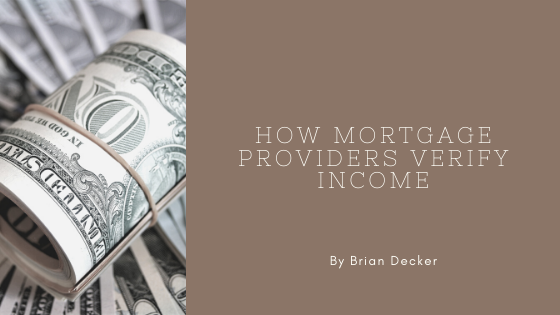When a person applies for a mortgage, one of the first steps is telling the provider how much income they have. This is a very important part of the mortgage process because it ensures that a person is not signing up for a mortgage they cannot ultimately afford. Understanding how providers will check to make sure all supplied information is accurate can help mortgage applicants make sure they are fully prepared for a mortgage. There are a few ways that providers can verify income.
Pay Stubs
Pay stubs are often the first step in verifying a person’s income. Typically, a mortgage provider will ask for at least two months of paystubs to check that a person is getting regular income. However, pay stubs can be faked fairly easily in modern times, so most providers don’t rely solely on pay stubs anymore. Additionally, individuals who are self-employed may not have these records on hand. Instead, loan providers may ask for more documentation as the application process proceeds.
Bank Statements
Another common practice is asking to see a person’s bank statements. For self-employed individuals, lenders may want to see up to two years of bank statements. This can be a helpful form of verification because it provides insight into new income that may not have existed on tax forms from the previous year. Not all mortgage providers do this, but it is common enough that applicants may want to make sure they have their statements available.
Speaking to Employers
Some lenders may want to talk directly to an applicant’s employer to learn more about the person’s income. Simply calling a business and speaking to someone is the most common practice, but some lenders may use fax or email as well. Confirming employment is relatively easy for those who are not self-employed.
Tax Returns
Tax returns are often used to verify that the information a person provided through their pay stubs or bank statements was correct. It can also be helpful when a person is self employed or gets most of their income through investments. Some lenders may just want the past year while others may want the past two years. Common documents to ask for include W-2s and 1099s. However, if an applicant is a business owner, the lender may also want to look at their business taxes, as well.

